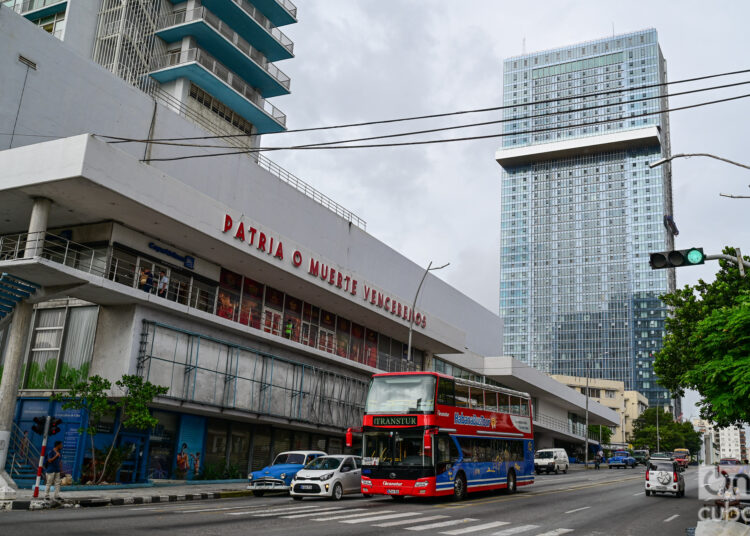And we’ve reached the sixth month of this year. Something that was already expected has been confirmed: we still don’t know how this government program to combat distortions and boost the economy is structured.
At the same time, we now have the good news that Russia is preparing a multi-million-dollar financing program to stimulate investment in its companies and help them navigate the difficult task of navigating within the Cuban monetary system.
The dollarization of the economy is advancing, accompanied by the expansion of stores handed over to foreign companies with permission to sell in physical dollars and with “real money” cards.
Meanwhile, retirees and pensioners are struggling with monthly incomes that barely cover the cost of buying some 15 eggs a month.
In the end, it’s worth asking again: what is the program? What distortions are being talked about? What are the goals to be achieved, and in what timeframe?
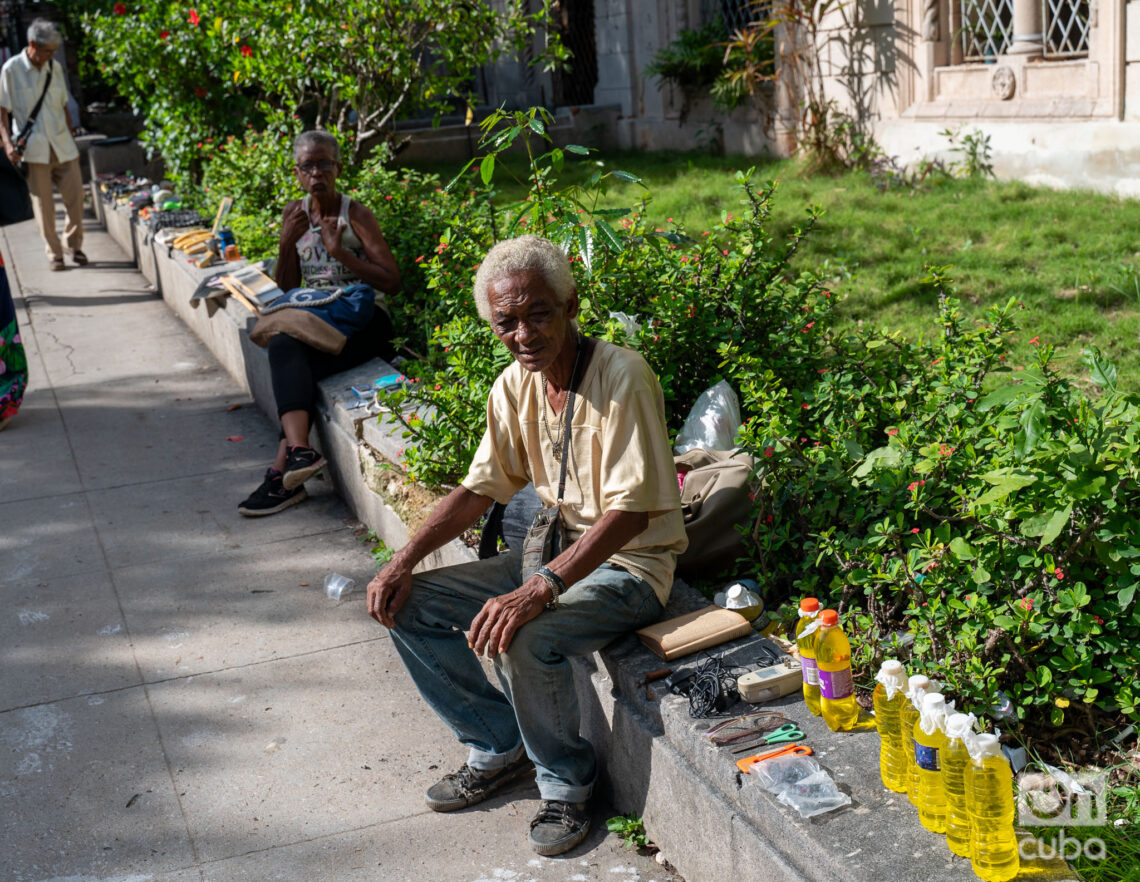
The “our own problems”
For now, we already know that, even with the photovoltaic parks being installed, we won’t have enough energy to grow sustainably and simultaneously meet the population’s demand, even though we’ve lost almost two million people in just a few years.
We also know that tourism doesn’t seem able to take on the task of boosting the economy, of pulling those other wagons that are supposed to be harnessed to the “dynamics of a sector without dynamics.”
A great deal of this is due to the U.S. blockade and its faithful companion: the “our own problems,” some regulatory, others management related, and others conception related.
We also know that recovering the sugarcane industry will not be possible in the next three years, not only because the resources that this sector needs are lacking, but also because it has been depleted of people. That industry currently works with obsolete technology, and on the other hand, there are no incentives for sugarcane producers: a price that encourages them to produce.

Agriculture, bad
There is little to add to the agricultural sector that is public knowledge, to what the results show, and what seems unlikely to change in the first six months.
The technological backwardness in our agricultural sector goes hand in hand with a state-run business system that doesn’t seem capable of responding to the needs of the sector and the country.
And while it is true that a specific effort in short-cycle crops is possible, sectors such as cattle and pig farming will take years to recover, even if technologies such as insemination and embryo transplantation are used.
What is still difficult to understand is the reluctance of decision-makers to encourage national capital investment and investment from SMEs in this sector, even more so when SMEs are asked, and sometimes required, to produce almost daily.
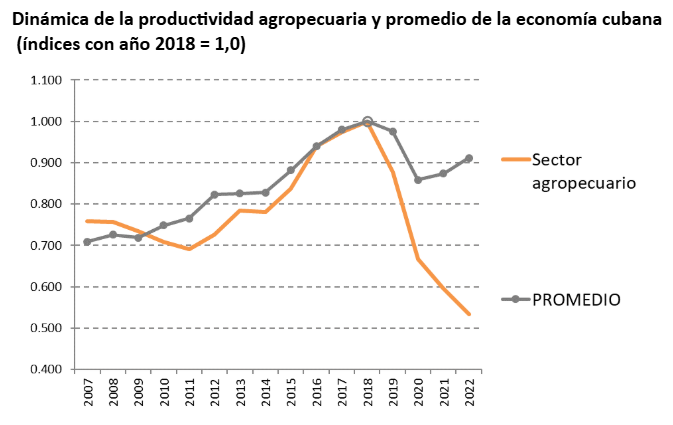
Authors: DSc. Anicia García and DSc. Betsy Anaya, “Sector agropecuario en Cuba: reformas pendientes,” CEEC, Annual Seminar 2024.
Industry, bad
In the non-sugar manufacturing sector, the situation is very difficult, affected by power outages, fuel shortages, minimal investment levels, a shortage of qualified personnel, difficulties in accessing external financing for various reasons, and technological obsolescence in many industries that are not even 1.0 in a world rapidly advancing toward Industry 4.0.
In this sector, domestic efforts will not be enough; however, there are no clear signs of an industrial policy that would shed light on the future of national industry, with the exception perhaps of the biotechnology sector and the nickel industry.
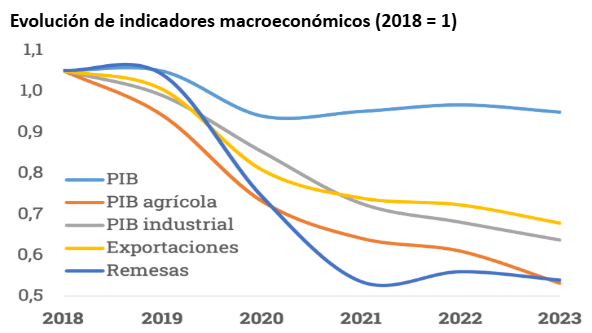
Exhausted business system
Today, more than ever, we know that the national business system is practically exhausted, both in the state and non-state business sectors. The pressure generated by the Trump administration’s persecution is compounded by the inertia of unlearned cultures, the resistance to implementing regulations that allow state-owned enterprises to “be enterprises,” and the prejudices that make the non-state sector a target of ideological attacks that seek to make it the primary culprit of inequality and poverty.
This evades the State’s own responsibility for this due to the inadequacy of the policies adopted.
All of this has a direct negative impact on our society, something that is unfortunately confirmed by this migratory flow that has deprived us of almost two million Cubans in just a few years and is also reflected in our country’s decline in the Human Development Index, from 51st in 2011 to 85th in 2024.
Cuba: Evolution of the Human Development Index
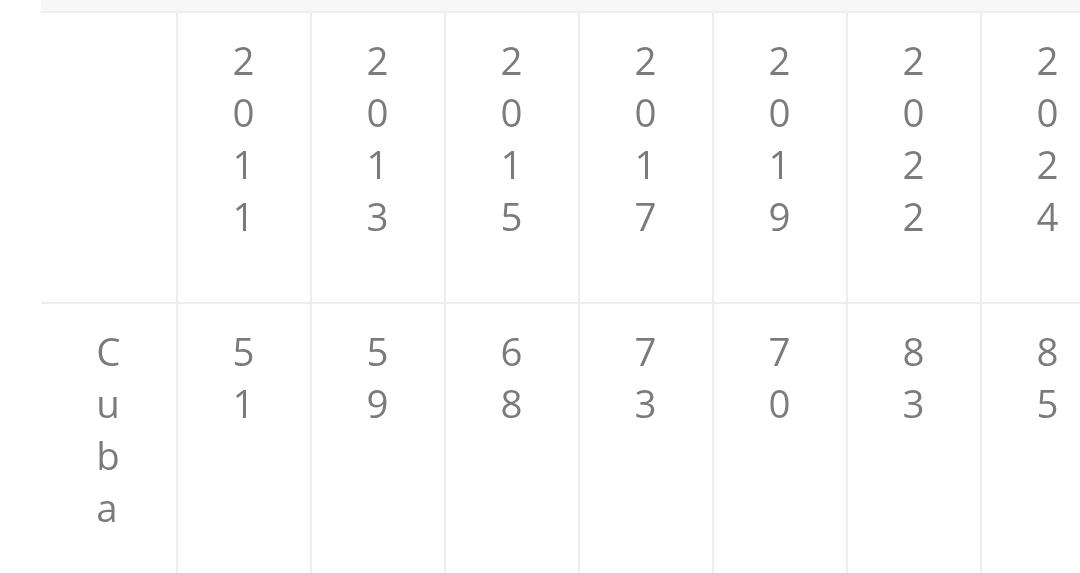
Facts and results
And if all this is happening and all this is known, then how is it possible that we continue to delay a profound and sufficiently critical reconsideration of this reality, which, while discrediting those responsible, questions the viability of the chosen path — the same path that must be defended with facts and results?
I emphasize again that I do not doubt the tremendous effort that the people responsible for making these decisions have made and continue to make, nor the pressure to which they are subjected. They are not sitting idly by; they are working hard. But unfortunately, the results obtained do not match the effort.
A few days ago, the newspaper Juventud Rebelde published an article, later reproduced in Cubadebate, in which the author makes a short list of the reasons why the Cuban State is losing.
I reproduce it below:
—When it makes decisions without sufficient consensus that miss the mark in solving the problems.
—When it establishes provisions, without considering all their scope and conditions, that must later be reversed.
—When regulations are adopted that are subsequently violated without sufficient control.
—When, in a scenario that favors and requires the coexistence and coordination of various economic actors, the capacity for consensus is lost.
—When tax evasion, an important mechanism for wealth redistribution, occurs.
—When there is a failure to provide differentiated attention to those most impacted by the crisis.
—When its regulatory capacity is blurred.
—When it adopts measures to protect the purchasing power of lower-income families that end up harming them.
—When it announces circumstantial measures that are extended over time and remain unexplained.
—When serious problems are delayed in their solution and the way they are communicated does not contribute to public understanding.
Furthermore…
I could add that the Cuban State also loses when:
- It delays making decisions.
- It fails to face its own mistakes and avoids self-criticism.
- It settles for reports that clearly do not reflect reality.
- Practices triumphalist communication.
- Does not transparently account to the people.
- Allows the government team to fail time and again and does not take appropriate measures.
- Constantly repeats worn-out formulas and pretends to achieve different results.
- Confuses life on social media with the social media of reality.
And if the urgent needs are so pressing, if we have been listing obstacles for years and now pursuing distortions, then is it necessary to wait for a Communist Party congress to steer the economy, society, politics, and ideology toward the growth and development of our country?
Isn’t that the distortion of all distortions?

